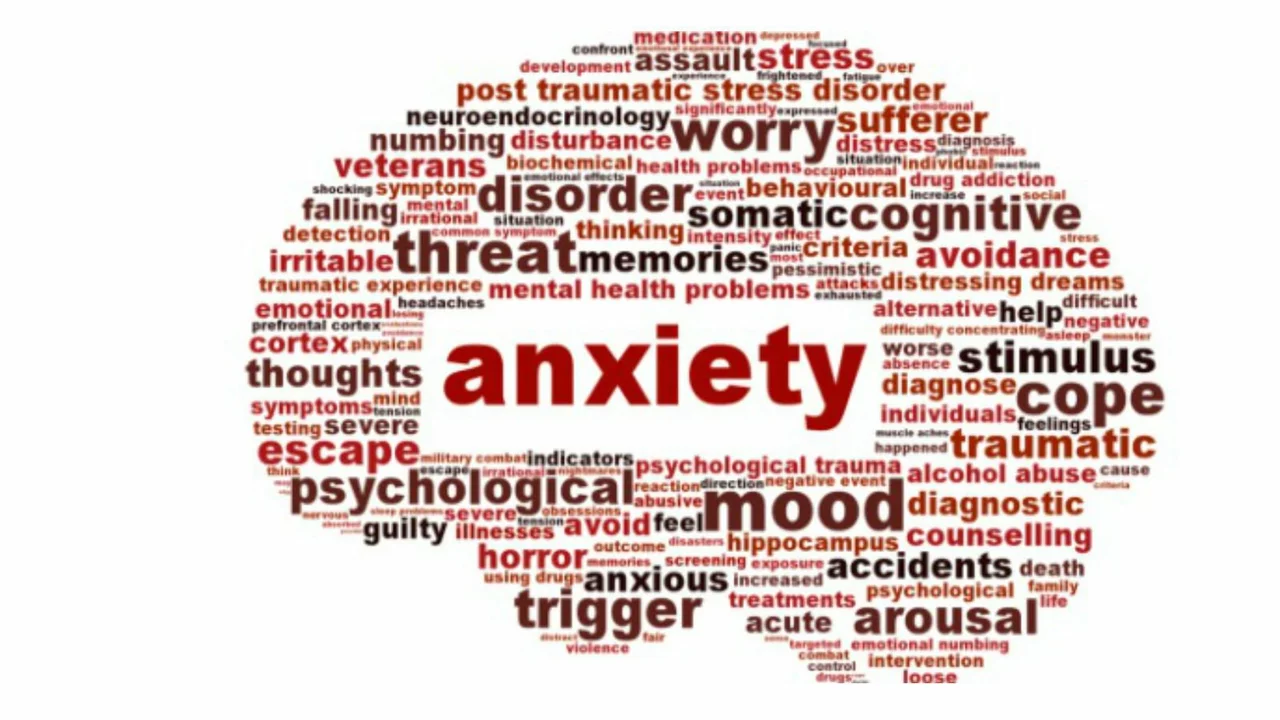Effective Coping Strategies to Handle Life's Stress
Everyone runs into tough times — whether it’s stress from work, personal challenges, or health worries. Knowing how to cope well can make a big difference. Coping strategies are simple tools you can use to take control and reduce the pressure, helping you feel balanced and clear-headed.
One of the easiest ways to start is by recognizing your stress signals. When your body or mind feels overwhelmed, that's your cue to step back. Simple actions like deep breathing or taking a short walk can quickly calm your nerves and give you a fresh perspective.
Build Resilience by Changing Your Mindset
How you think about problems affects how you handle them. Instead of dwelling on what went wrong, try to focus on what you can do next. This shift from feeling stuck to taking action helps you bounce back faster. Writing down what you’re grateful for each day can also shift your mindset toward positive thinking, improving your overall mood.
Another solid approach is breaking big tasks or worries into smaller chunks. When challenges look huge, we tend to freeze. But if you tackle one small part at a time, it feels more manageable. This way, even overwhelming situations start to look solvable.
Use Support and Self-Care Wisely
Don't forget, you're not alone. Talking to friends, family, or professionals can give fresh ideas and emotional relief. Sometimes just sharing your feelings helps you understand them better and feel lighter.
Also, self-care matters a lot. Getting enough sleep, eating well, and moving your body regularly create a strong foundation to handle stress. Even small self-care moments like reading a book or enjoying a hobby can recharge you enough to stay steady through challenges.
Remember, coping strategies don’t have to be complicated or time-consuming. Try a few to see what works for you. With practice, these habits become second nature and turn stressful times into periods of growth and calm.

